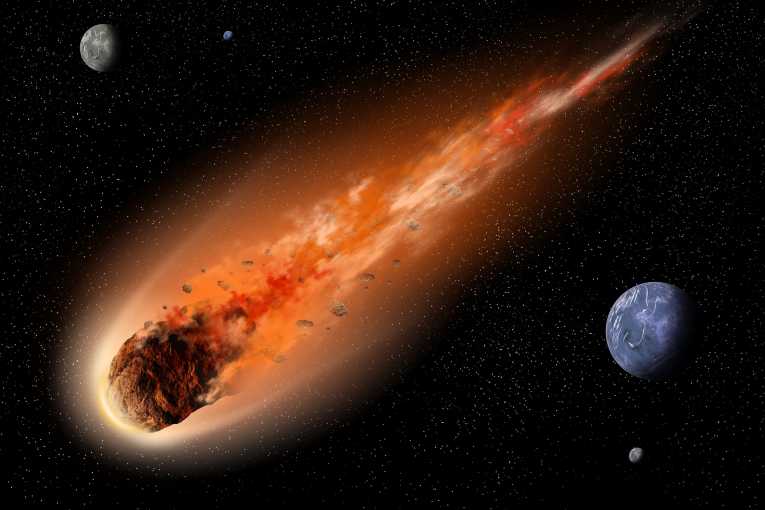There seem to be so many Blockbuster films these days depicting a post-apocalyptic universe, it can be difficult to distinguish fiction from reality after a trip to the cinema. The causes of apocalypse vary between films; 'Deep Impact' (Meteor shower), 'I am Legend' (vampiric, zombie-like creatures), and '‘The Day After Tomorrow' (dramatic climate change).
The popularity of these films doesn't appear to wane, and as the truth about Global Warming becomes increasingly apparent, the melodrama and devastation depicted in these fictitious versions of reality doesn't actually seem that far from the truth. In a recent study published in the ecological journal Nature, the effects of an increasingly warm climate are revealed to have drastically altered the Earth's animal population.
In 540 million years, the Earth has undergone only five mass extinctions that we know of, during which over 75% of the animal population expired. Without jumping to sensationalist conclusions, it is safe to say that another, similar, event is unlikely, however a recent study published in Nature Magazine has investigated the likelihood of such an event occurring.
Anthony Barnosky, the integrative Biologist at the University of California at Berkeley who spearheaded the research, said of the team's findings: "If you look only at the critically endangered mammals--those where the risk of extinction is at least 50 percent within three of their generations--and assume that their time will run out and they will be extinct in 1,000 years, that puts us clearly outside any range of normal and tells us that we are moving into the mass extinction realm."
Essentially, Barnosky and his research team looked at where the animal populations are at now in terms of numbers, compared with their numbers over the past 540,000,000 years; the results gave cause for concern but are not without hope. If those species of animal currently identified as 'under threat' (i.e. with a significantly low population, a declining birth rate and little chance of recovery or further development) continue to reduce in number at the rate of today, within 1000 years they may all die out.
If course; it isn't all bad news. According to Barnosky and his fellow biologists, there is still time to save the remaining animal population. The relatively low number of animal extinctions which have occurred so far mean that an imminent mass extinction is unlikely.
However research team member Chris Marshall, also an integrated Biologist at Berkeley, emphasised that we are still bearing witness to a high level of animal extinctions: "Just because the magnitude is low compared to the biggest mass extinctions we've seen in half a billion years doesn't mean they aren't significant," Marshall explained, "Present rates are higher than during most past mass extinctions."
Clearly, the time to take action is now.










